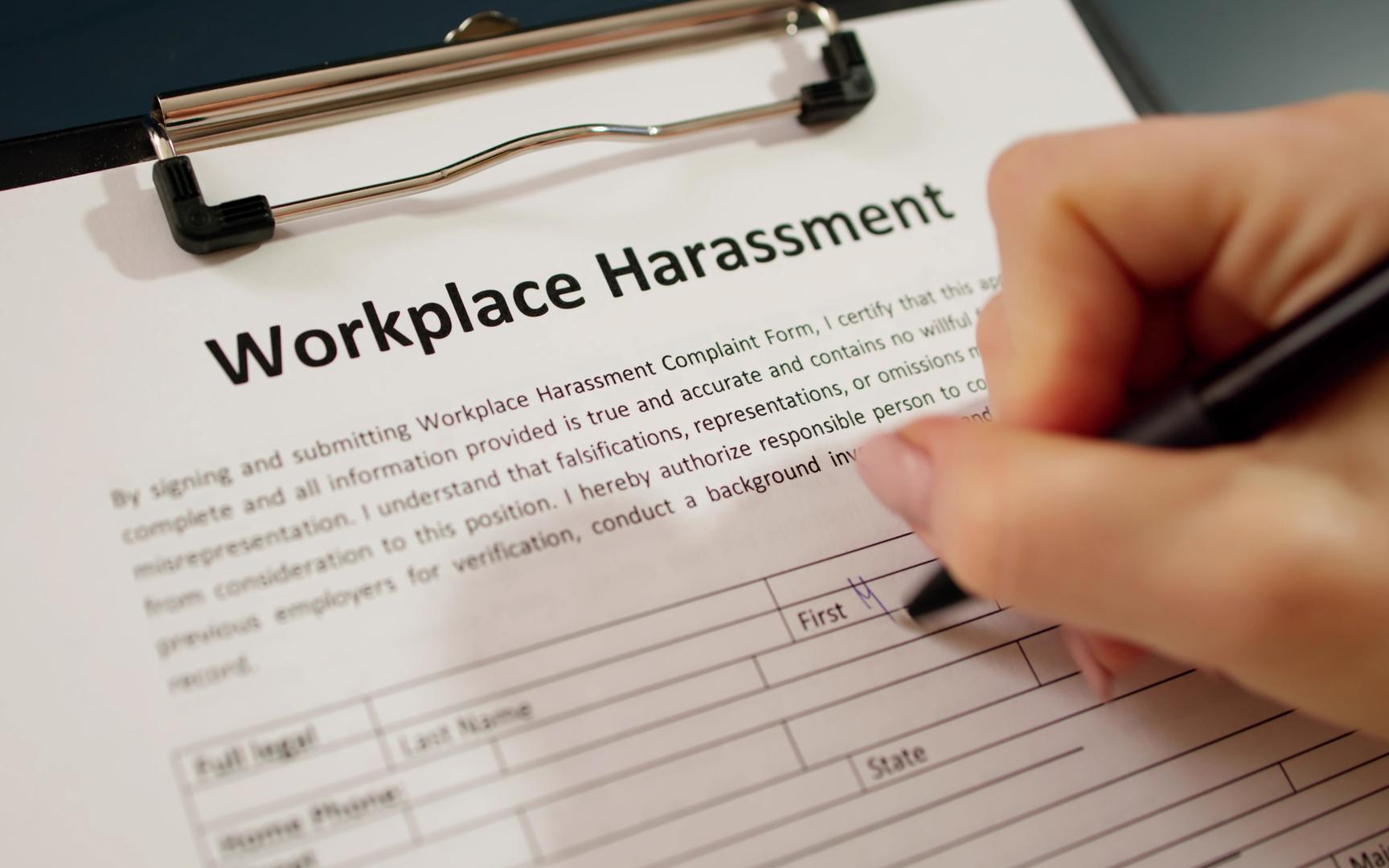When a “dispute” arises under the Ending Forced Arbitration of Sexual Assault and Sexual Harassment Act (EFAA) depends on when the specific facts of the case show a “conflict or controversy” exists between the parties, the U.S. Court of Appeals for the Eighth Circuit held in affirming the trial court’s order denying a motion to compel arbitration. Famuyide v. Chipotle Mexican Grill, Inc., No. 23-3201 (Aug. 5, 2024).
The EFAA gives employees the option of bringing claims related to sexual assault or harassment in court instead of arbitration. It applies only to a “dispute or claim” relating to sexual assault or harassment that “arises or accrues” on or after March 3, 2022. The terms “dispute” and “arise” are not defined in the EFAA, however, leaving courts to wrestle with the terms’ meaning and application.
District Court Decision
The district court declined to compel arbitration based on the following chronology:
- In November 2021, a coworker allegedly sexually assaulted the plaintiff.
- The plaintiff allegedly reported the assault, but no one at the company investigated.
- In February 2022, the plaintiff’s attorney and the company’s attorneys exchanged letters regarding the plaintiff’s attorney’s investigation into the alleged assault and harassment and the plaintiff’s attorney demanded that the company preserve evidence.
- On March 1, 2022, the company responded to the plaintiff’s attorney’s letter.
- In July 2022, the plaintiff initiated a lawsuit against the company in court.
The district court ruled that for purposes of application of the EFAA, the “dispute” arose only as of July 2022, the date when the employee initiated the lawsuit in court. Because the complaint was filed after the EFAA’s March 3, 2022, effective date, the statute applied and gave the employee the right to avoid arbitration.
Eighth Circuit Opinion
The Eighth Circuit agreed with the district court that the EFAA applied and gave the employee the right to avoid arbitration. As a threshold matter, the Eighth Circuit defined “dispute” in accordance with its definition in the Black’s Law Dictionary: a “conflict or controversy, especially one that has given rise to a particular lawsuit.” The Eighth Circuit then reasoned that a dispute had not yet arisen when the employee’s and the company’s attorneys exchanged pre-litigation correspondence in February 2022. According to the Eighth Circuit, the correspondence simply indicated an investigation into the alleged conduct was ongoing and did not make any firm demand for compensation or payment from the company.
Moreover, while unclear whether it would have made a difference in the holding, the Eighth Circuit declined to consider the company’s March 1, 2022, response letter to the employee’s attorneys because it had not been part of the record before the trial court.
The Eighth Circuit concluded that the dispute between the employee and the company only arose after March 3, 2022, thereby giving the employee the choice of whether to arbitrate the dispute or not under the EFAA.
The Eighth Circuit has jurisdiction over Arkansas, Iowa, Minnesota, Missouri, Nebraska, North Dakota, and South Dakota.
Courts continue to determine how the EFAA will be applied. Jackson Lewis attorneys will continue to monitor developments with the EFAA and related arbitration issues.
© Jackson Lewis P.C. This material is provided for informational purposes only. It is not intended to constitute legal advice nor does it create a client-lawyer relationship between Jackson Lewis and any recipient. Recipients should consult with counsel before taking any actions based on the information contained within this material. This material may be considered attorney advertising in some jurisdictions. Prior results do not guarantee a similar outcome.
Focused on employment and labor law since 1958, Jackson Lewis P.C.’s 1,000+ attorneys located in major cities nationwide consistently identify and respond to new ways workplace law intersects business. We help employers develop proactive strategies, strong policies and business-oriented solutions to cultivate high-functioning workforces that are engaged and stable, and share our clients’ goals to emphasize belonging and respect for the contributions of every employee. For more information, visit https://www.jacksonlewis.com.


